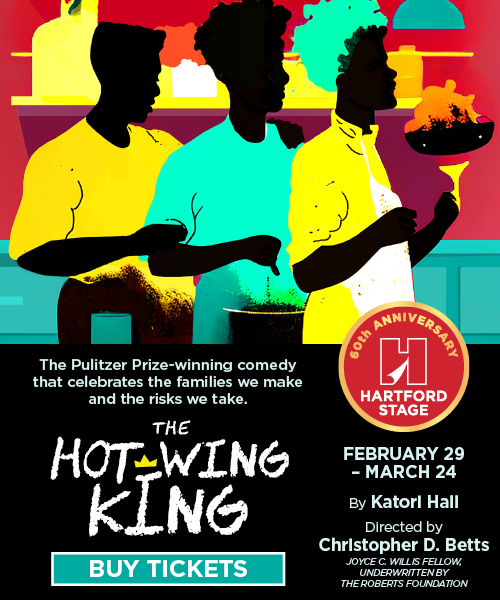By Robin D. Everson
February is not only Black History Month but also Heart Health Awareness Month. This is easy to remember as Valentine’s Day, the day devoted to love, is also in February. Now that we have made it into the new year, many people look forward to making resolutions regarding their health. Even if you didn’t start in January, you can still jump into making changes to your health and diet routine in February.
Dr. Milton Mills is a physician specializing in Internal Medicine and Critical Care. He graduated from Stanford University School of Medicine and completed his residency at Georgetown University in Washington, DC. He has worked in outpatient clinics and hospitals as an Internist and as an Intensive Care Unit doctor for over 30 years. He has seen a lot of people unfortunately plagued by preventable, debilitating chronic diseases because of their diet and lifestyle choices; many of whom often end up in the ICU.
“African Americans traditionally lead the nation in terms of the highest risks for having the greatest prevalence of major chronic diseases at lead to death. These chronic diseases are heart disease, diabetes, heart disease, colon cancer, prostate cancer, breast cancer, auto-immune disease, as well as renal or kidney disease. The key factor in all these diseases is directly correlated to the food we eat. Namely, a Eurocentric, post-colonization, animal food centered diet which is very different from the traditional diets consumed in West Africa which are built around whole plant foods, minimal amounts of animal food, low fat and no dairy products whatsoever.”
“It is the adoption of the post-colonization, European-type diet that is responsible for the excessive rise in rates of diseases not only in the African-American community but also other communities of color in this nation,” said Mills.
Dr. Mills believes that all these diseases are directly related to the type of food we eat. “A traditional diet consumed in West Africa was built around whole plant foods and no dairy products whatsoever.”
All animals “feed” — All humans “eat.”
“For human beings, food is an integral part of our various cultures and carries with it a sense of our identity. The foods we prepare and consume are suffused with memories of our ancestors, our current family, our family reunions, first dates, and our holidays. Because our bond to food carries such strong emotions, it can make diet change somewhat difficult. It makes people worry that they will have to give up part of their identity.”
“But when contemplating making a diet change, it is important to remember none of us asked for the foods we think we like “in” the delivery room. We were all born without preferences. Everything we think we like we were taught to like.”
“This means we can unlearn those unhealthy habits and learn new and better ones that will promote better health, have greater longevity, and reduce our disease risk.”
Making change can oftentimes “seem” hard to do.
“The idea of changing one’s diet seems like it is too big of a mountain to climb for many people. I suggest that people try an experiment and convert to a whole-food, plant-based diet for 12 weeks. Go all in for those 12 weeks. No cheating. In those 12 weeks, they will notice how they feel, how they look, and how their lab values (like blood pressure, cholesterol, and weight) change for the better. After 12 weeks if they don’t see improvements in their lab values and how they feel, then they can go back to the way they were eating. I guarantee before those 12 weeks are up, they will feel much better and see how their lab values have significantly improved. Most of the people who do this experiment will not want to go back to feeling unhealthy because they realize this will be a much healthier way to live.
How does one get started?
Dr. Mills recommends that people watch health documentaries such as
- What the Health?
- Forks Over Knives
- Eating You Alive
- Game Changers
And a new one that will be coming out soon called They’re Trying to Kill Us.
A book resource that Dr. Mills recommends is “How Not to Die” by Dr. Michael Greger.
There are many plant-based cookbooks available to help people learn how to make simple, delicious meals. One of his favorite cookbooks is “Flava My Plate” by Dawn Hilton-Williams.
“The African American Vegan Starter Guide” is a free guide to ease into a plant-based diet with great tips on shopping, socializing, dining out, and raising healthy children. Here is the link to the 40-page guide. (https://www.afrovegansociety.org/_files/ugd/4de923_45dbd94aea3b4344b8a4fb76399aa99e.pdf)
Equipped with these resources people will discover how much better they feel, and their lives improve from these simple diet changes.
As a food and wine journalist, Robin’s diet was not conducive to good health. She had Type 2 diabetes and a host of other health issues. After adopting a healthy, whole-food, plant-based diet she quickly became diabetes-free. Robin shares her interesting and unique view of the vegan lifestyle as the editor for The Only Vegan At The Table. www.theonlyveganatthetable.com
Photo courtesy of Dr. Milton R. Mills





